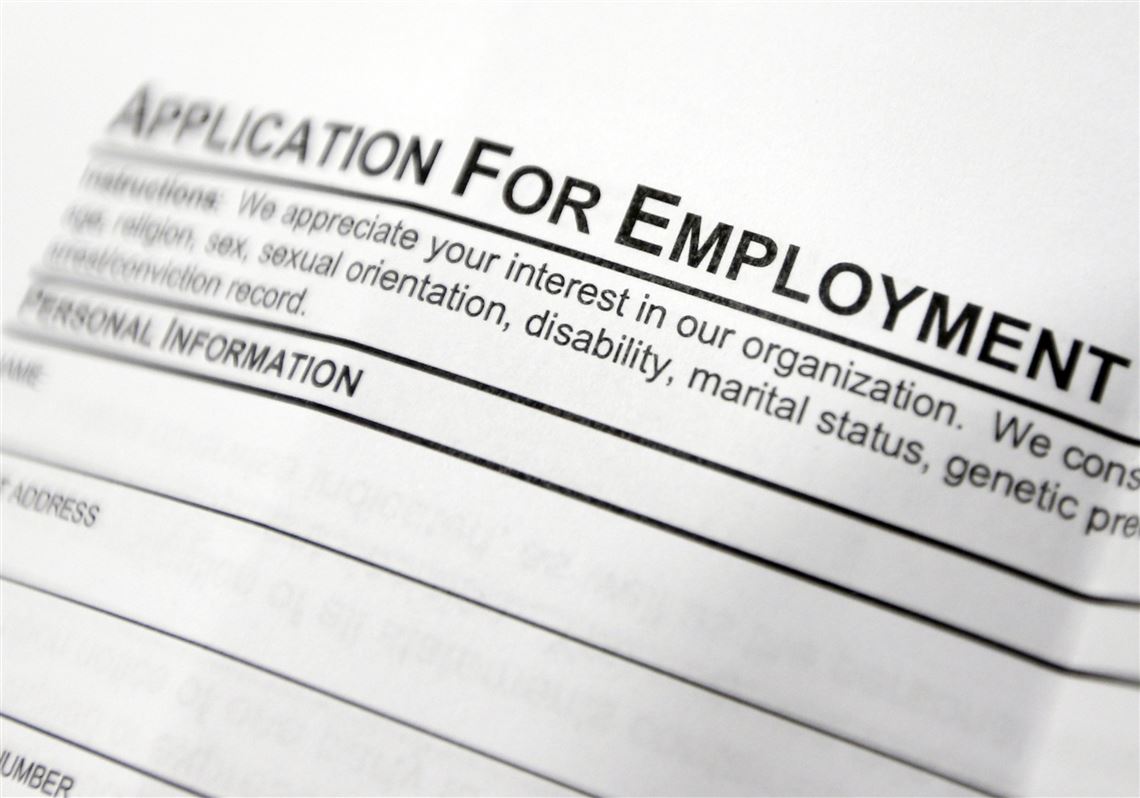Shortly after graduating from college, I unknowingly lost my first paycheck. In tears, already strapped for cash, and knowing that my check was gone for good, I called my parents, and then bought a book on personal finance for young adults.
I knew how to use a bank account, but I didn’t know the first thing about how to budget with a real salary, let alone how to invest or choose insurance plans. In 2000, the year I graduated from Burrell High School, I had a part-time job at Dairy Queen, and split my earnings between spending at the mall or Eat’n Park and saving for a computer for college. This sliver of financial knowhow came from my parents’ helping me open a bank account and their lifelong lessons on not spending too much. And that’s where my teenage money savvy ended.
Personal finance is an essential life skill, even more today than when I was beginning my adult life. And now, no future graduates of Pennsylvania high schools will suffer from such financial ignorance. Starting in the 2026-2027 school year, every high school student will be guaranteed a semester of personal finance education before graduation.
Guaranteed education
With the passage of State Bill 843, signed by Gov. Josh Shapiro two weeks ago, Pennsylvania became the 25th state to guarantee personal finance education to every high school student in the Commonwealth. Another milestone is that 53% of American students will have access to this invaluable course.
In the two decades since my high school days, I’ve worked as a math teacher and high school principal, seeing firsthand how much a practical course aligned to real-world skills can motivate students to come to school, engage with content, and apply their learning immediately. I’ve learned more about the way to meet those needs in my work for a nonprofit group that creates financial education curriculum and trains teachers.
Research has proven the power of a one-semester personal finance course, and the classroom outcomes include the following:
• Students learn how credit and debt repayment work before making college and student loan decisions.
• They understand the importance of investing as early as possible for retirement, using Roth IRAs or 401(k)s to maximize compounding returns over their long time horizons.
• As simple as it sounds, teenagers learn how to budget, leading to better decisions for decades to come.
• Students share their learning with parents and siblings, and the knowledge spreads through communities. For example, by understanding how health and life insurance work, families feel more secure.
• Many students will become the next generation of kindergarteners’ parents, and a household with a solid financial plan has less stress, sending students to school fed, housed, and ready to learn.
Pa. ahead of the curve
Even before SB 843 was passed, our state was ahead of the curve. 110 of our high schools already had a graduation requirement, 314 more are currently teaching the course as an elective, and 152 are embedding financial teaching into other courses.
I have so many young family members already in or soon entering the school systems of Pennsylvania, and I’m glad to know they will all have guaranteed access to a personal finance course. Pennsylvanians have made a wise decision that will benefit its citizens today and for decades to come.
A native of Lower Burrell, Jessica Endlich is co-founder of Next Gen Personal Finance.
First Published: December 28, 2023, 10:30 a.m.

















